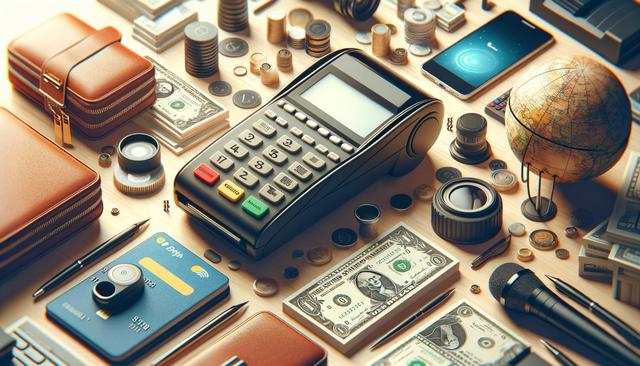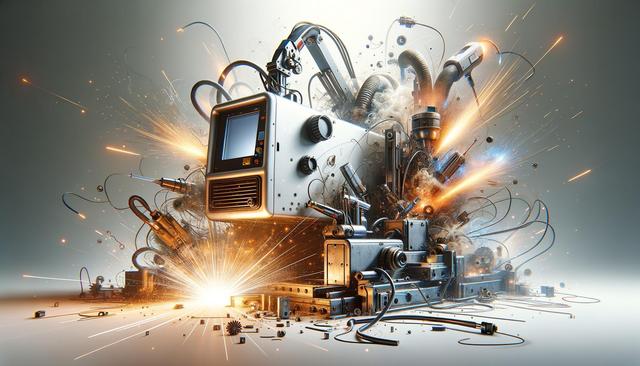Understanding the Role of Credit Card Machines
Credit card machines have become an essential part of doing business in today’s cashless economy. Whether you run a retail store, a restaurant, or provide services on the go, having a reliable payment system is key to ensuring smooth transactions and customer satisfaction. These devices allow businesses to accept a variety of payment methods including chip cards, magnetic stripes, and contactless payments. Some machines are also integrated with inventory management and reporting features, making them more than just a payment terminal. Understanding what a credit card machine can do helps you make a more informed choice based on your specific operational needs.
Types of Credit Card Machines Available
There are several types of credit card machines to choose from, and knowing the difference is crucial when selecting a model that suits your business. The main categories include:
- Countertop terminals: These are ideal for businesses with a fixed checkout point, such as retail stores or cafes.
- Wireless terminals: Perfect for mobile businesses or restaurants with tableside payments.
- Virtual terminals: Suitable for businesses that take payments over the phone or via email.
- Mobile card readers: These connect to smartphones or tablets and are excellent for businesses on the move.
Each type has its own strengths, so the right choice depends on how and where you interact with customers. Businesses that operate in multiple locations or at events may benefit from mobile options, whereas a brick-and-mortar store may prioritize stability and integration with point-of-sale systems.
Key Features to Consider
When selecting a credit card machine, several features can enhance efficiency and provide added value. While basic models handle essential payment processing, more advanced machines offer a range of functionalities that cater to growing business needs. Here are some features to consider:
- EMV chip and contactless payment support: Ensures secure transactions and compatibility with modern payment methods.
- Connectivity: Look for machines that offer Wi-Fi, Bluetooth, or 4G connectivity to suit your location setup.
- Integration: Consider devices that integrate with your existing POS or accounting software.
- Reporting tools: Some credit card machines offer built-in reporting to help track sales and customer behavior.
Businesses should also evaluate the ease of use and the quality of customer support provided by the manufacturer or service provider. This ensures minimal downtime and efficient troubleshooting when needed.
Cost Considerations and Payment Structures
Cost is a major factor when choosing a credit card machine. The total expense includes the upfront cost of the device, payment processing fees, and potentially monthly service fees. Payment processing fees can vary depending on the provider and typically include:
- Transaction fees (flat rate or percentage-based)
- Monthly service fees
- Setup or termination fees
- PCI compliance fees
Understanding the pricing structure helps in comparing different machines and service providers. Businesses should calculate the average transaction volume and frequency to estimate the long-term costs associated with each option. Some providers offer flat-rate pricing, which may be beneficial for businesses with consistent sales, while others use tiered or interchange-plus pricing models that could be more cost-effective in the long run.
Making the Right Choice for Your Business
Selecting the right credit card machine is not just about the hardware—it’s about finding a reliable partner that supports your business operations. It’s important to assess your business model, customer preferences, and how much mobility you need. For example, a food truck may prioritize portability and wireless functionality, while a salon may value appointment scheduling integration. Additionally, consider the scalability of the solution. As your business grows, you may need advanced features or the ability to handle more transactions.
Before finalizing your decision, read user reviews, consult with other business owners in your industry, and request demos if available. This can give you a clearer picture of how each machine performs in real-world conditions. Taking the time to explore your options thoroughly will help you choose a solution that improves your workflow and enhances customer experience.


